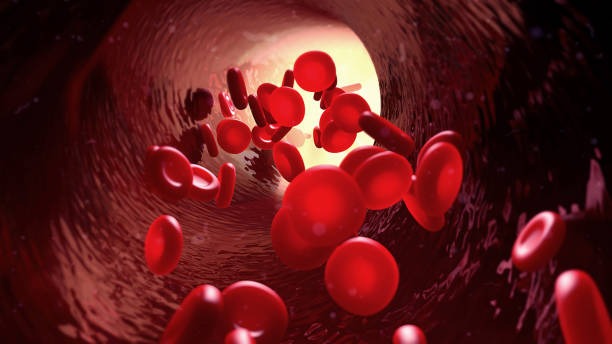Foods to Boost Haemoglobin Naturally and Fight Fatigue”
Struggling with low energy or iron deficiency? Discover the top 10 haemoglobin-rich foods that naturally increase red blood cell count and improve oxygen flow in your body. From leafy greens to protein-packed meats, this guide offers essential nutrition tips to help you feel stronger and healthier every day. Perfect for those dealing with anaemia, fatigue, or looking to maintain optimal health.
5/28/20252 min read


10 Best Foods to Boost Haemoglobin and Improve Your Energy Naturally
Haemoglobin is a protein in red blood cells that plays a crucial role in transporting oxygen from the lungs to the rest of the body. Low haemoglobin levels can lead to fatigue, weakness, shortness of breath, and even anaemia. The good news? You can support healthy haemoglobin levels with the right foods.
Here are 10 haemoglobin-boosting foods that can power your body naturally:
1. Spinach 🌿
Spinach is one of the best plant-based sources of non-heme iron and folate, which are both essential for red blood cell production. It also contains vitamin C, which enhances iron absorption.
Tip: Cook spinach lightly to reduce oxalates that can block iron absorption.
2. Red Meat (Beef or Lamb) 🥩
Red meat is a rich source of heme iron, which is more easily absorbed by the body than plant-based iron. It also contains vitamin B12, vital for red blood cell formation.
Tip: Lean cuts are healthier and still pack a powerful iron punch.
3. Liver (Chicken or Beef) 🍖
Liver is a powerhouse of iron, vitamin A, vitamin B12, folate, and protein—all critical for making and maintaining healthy red blood cells.
Tip: Eat in moderation, as liver is high in cholesterol.
4. Lentils 🍲
Lentils are a great vegetarian source of non-heme iron and also offer fiber, protein, and folate. They're especially helpful for people managing anaemia through diet.
Tip: Pair lentils with vitamin C-rich foods like tomatoes or lemon juice to increase iron absorption.
5. Eggs 🥚
Eggs provide iron, vitamin B12, and protein—a solid combo for healthy blood production. They’re especially helpful in supporting haemoglobin for vegetarians who include eggs in their diet.
Tip: Boiled or scrambled—eggs are easy to add to your breakfast routine.
6. Pumpkin Seeds 🎃
These tiny seeds are packed with iron, magnesium, zinc, and omega-3 fatty acids. They're a great on-the-go snack that supports healthy haemoglobin levels.
Tip: Add to smoothies, yogurt, or salads for a nutrient boost.
7. Tofu 🍱
Made from soybeans, tofu is an excellent source of non-heme iron, calcium, and protein. It’s a perfect addition for vegetarians or anyone wanting a plant-based iron source.
Tip: Stir-fry tofu with veggies and soy sauce for a delicious meal.
8. Broccoli 🥦
Broccoli doesn’t just offer iron—it also provides vitamin C, which helps your body absorb iron more efficiently. It’s a double win for boosting haemoglobin.
Tip: Steam or sauté for a tasty and healthy side dish.
9. Apples 🍎
“An apple a day” might not be far from the truth! Apples contain iron, fiber, and antioxidants that support overall blood health and circulation.
Tip: Eat fresh apples with the skin for the most benefits.
10. Pomegranate 🍇
Known in traditional medicine for supporting blood health, pomegranate is rich in iron, vitamin C, and antioxidants. It helps improve blood flow and maintain haemoglobin levels.
Tip: Drink fresh pomegranate juice or sprinkle seeds on your salad.
🩺 Final Thoughts
Maintaining healthy haemoglobin levels isn’t just about supplements—it starts with what you eat. Adding these iron-rich and nutrient-dense foods to your diet can significantly improve your energy, stamina, and overall well-being.
Whether you're vegetarian, non-vegetarian, or somewhere in between, there's something on this list for everyone.
✅ Quick Checklist for Boosting Haemoglobin Naturally:
Eat iron-rich foods daily
Pair iron with vitamin C for better absorption
Avoid drinking tea/coffee with meals (they hinder iron absorption)
Cook with iron utensils if possible
Consider supplements only if prescribed by a doctor